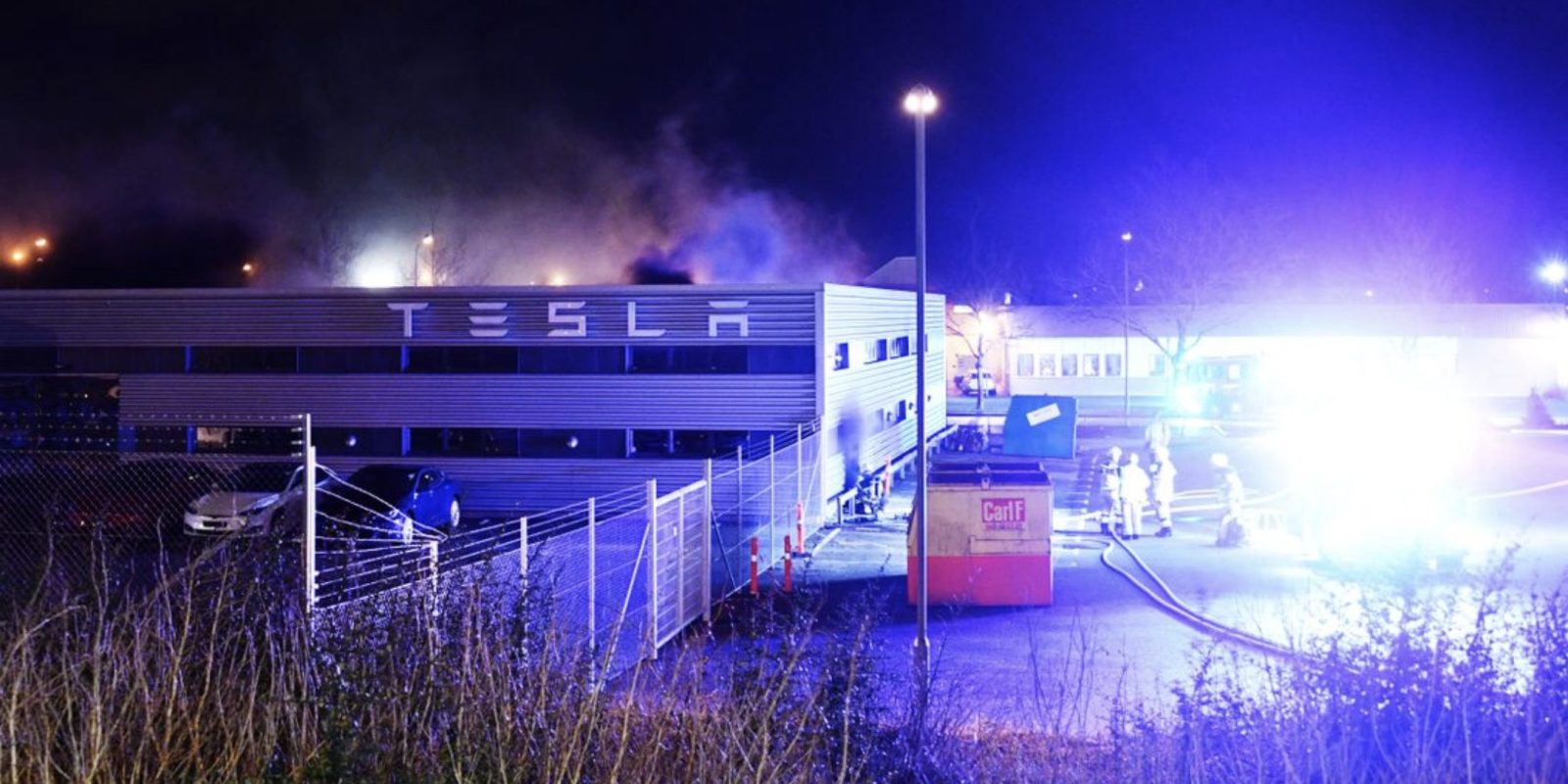
More drama is unfolding as the dispute between Swedish unions and Tesla now involves a supplier of critical components for the Model Y, where workers have reportedly set down their tools in support of the IF Metall strike. They said they won’t be showing up for work, or will be given non-Tesla-related tasks, until further notice.
Now around 50 workers at Hydro Extrusions in Vetlanda, a subsidiary of Norwegian aluminum and energy company Hydro, have reportedly joined a sympathy strike against Tesla over the weekend. The workers there have their own collective agreement, with some of the employees now being affected by the strike, even though the company “is not a party to the dispute,” according to Swedish news outlet Vetlandaposten. The company is responsible for delivering aluminum profiles for the Model Y to Tesla’s gigafactory in Gruenheide, just outside of Berlin. According to Automotive News Europe, this is the first Telsa supplier in Sweden to join in support of the IF Metall strike.
“They deliver components to Tesla’s factory in Berlin, and if this causes disruption to them we hope to force them back to the negotiation table,” said IF Metall negotiation secretary Veli-Pekka Saikkala. He added that the union is prepared to ramp things until Tesla signs. “This fight is very, very important. It’s so important that we cannot let it go. It’s important for us but also for the whole Swedish labor market.”
However, Hydro Extrusions CEO Jonas Bjuhr is concerned that the move could have long-term negative impact on the company, indicating that Telsa may be able to quickly replace the parts and bring on other suppliers, he told Vetlandaposten. “It is very frustrating to have a situation where we have very limited opportunities to do anything,” Bjuhr said. “Of course, we want to protect jobs… and jobs in Sweden in general. That’s the big concern here, that if it becomes long term, it can have consequences that are greater than what we see now.”
Bjuhr added that Tesla may have already taken action in the preparative buildup to the strike, sourcing additional suppliers from the US or China, the only two regions outside of Germany that produce the Model Y.
Still, there is a chance a move like that could backfire against Tesla as unions in Norway, one of Europe’s biggest EV markets, said they too will stop Telsa vehicles heading to neighboring Sweden from being unloaded in ports in Norway. If German unions chime in to show solidarity, things could get even more dicey. Telsa’s Berlin factory now produces nearly three-quarters of the models the company sells in Europe.
For a country with only a few Tesla employees, Sweden has served up a giant helping of culture shock to the notoriously anti-union Elon Musk, who has described the actions in the country as “insane.” Last month, about 130 mechanics in Sweden, who belong to the IF Metall union and service Tesla cars, went on strike after the company refused their request for collective bargaining. Since, thousands of workers in Sweden have joined, from dockworkers to car dealers to now even the post office workers refusing to touch anything Tesla-related until Tesla signs the collective bargaining agreement with IF Metall.
Tesla first entered Sweden in 2013 and has said that it follows Swedish labor market rules. However, Tesla says it chooses not to sign a collective agreement because it doesn’t have a manufacturing plant in Sweden. Unions, however, are an essential part of the Swedish labor model, with about 90% of the workforce belonging to trade unions and protected by employee contracts that work to standardize pay, insurance, and pensions, as well as protect worker conditions.
